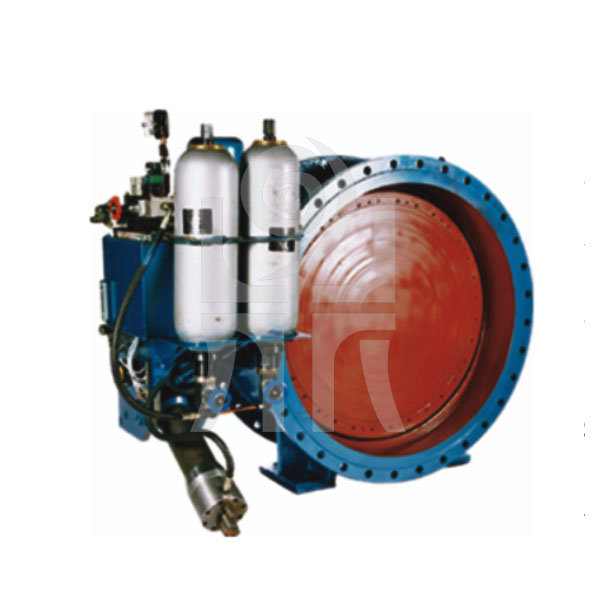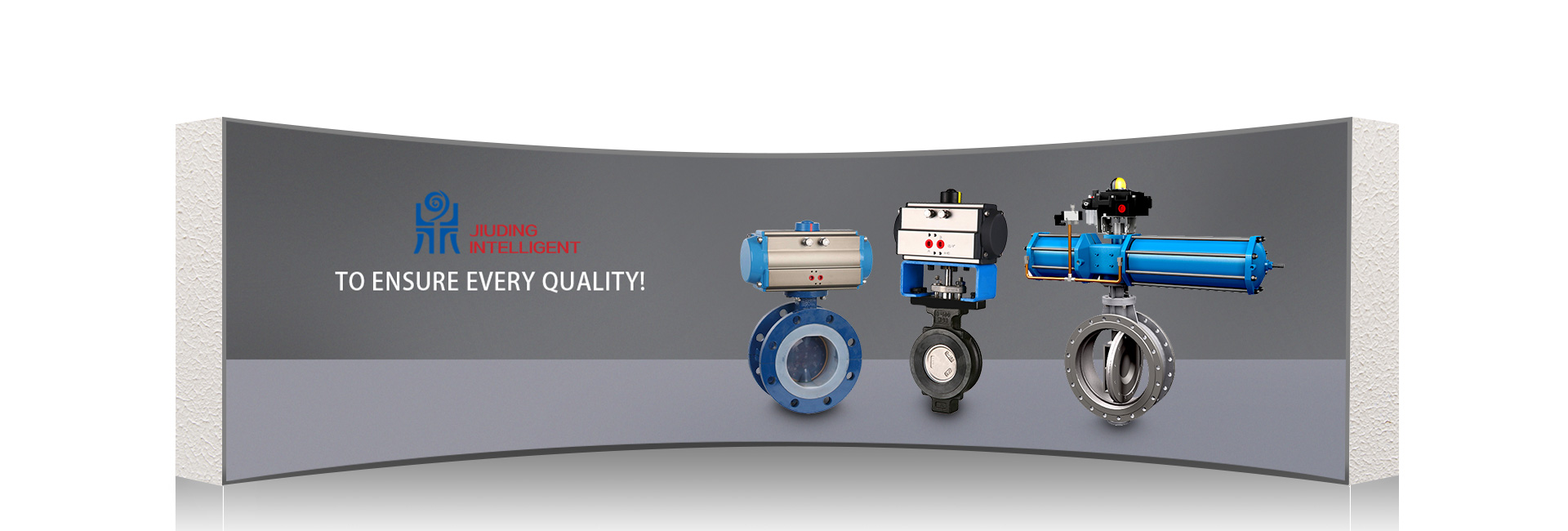Hydraulic control slow closure butterfly valve

Hydraulic control slow closure butterfly valve
Nominal diameter: DN300 ~ 4000mm
Nominal pressure: PN0.25 ~ 4.0MPa
Applicable temperature: ≤80 ℃
Applicable medium: water, sea water, sediment water, oil, etc.
Overview
Hydraulic control slow closing check valve is the more advanced pipeline control equipment at home and abroad, mainly installed in the hydropower station turbine imports, used as a turbine inlet valve; or installed in water conservancy, electricity, water supply and drainage pumps and other pump , Instead of the role of check valves and gate valves. Work, the valve and the pipeline with the host, in accordance with the principle of hydraulic transition process, through the default opening and closing procedures to achieve a reliable cut off the pipeline to effectively eliminate the pipeline water hammer, play a protective pipeline system security role.
working principle
Heavy hammer hydraulic control slow closed only butterfly valve closed valve energy for the hammer potential energy, but also divided into heavy hammer automatic pressure control slow closed only butterfly valve (referred to as heavy hammer pressure type) and lock type heavy hammer Automatic pressure control hydraulic control slow closed only butterfly valve (referred to as heavy hammer lock type), the use of working conditions are mainly centrifugal pump conditions, axial pump conditions and turbine conditions.
Open the valve centrifugal pump conditions (including centrifugal mixed flow pump): first start the pump, delay the scheduled time after the opening valve.
Open valve axial flow pump conditions (including axial flow mixed flow pump): valve at the same time open, or open the valve to a certain angle, and then start the pump.
Open the valve turbine operating conditions: first open the bypass valve balance pressure, and then open the valve, then open the turbine.
Various conditions are generally required to shut down the valve at the same time as the shutdown or power failure.
The basic electrohydraulic working principle is as follows:
When the valve is opened, the solenoid valve commutates, the oil pump starts, the hydraulic oil flows through the flow control valve, the high pressure hose enters the cylinder, drives the piston, drives the connected lever to lift the heavy hammer to open the valve. Open the valve in place after the automatic pressure system to start; the motor continues to charge pressure accumulator charge. After the pressure reaches the high pressure set point, the pump stops. Rotary flow control valve Handwheel can adjust the opening time, adjust the range of 10 to 90 seconds.
System leakage, the pressure dropped to low pressure set point, the pump motor automatically start, after the high pressure set value after the shutdown.
When the valve is closed, the solenoid valve commutation, the oil pressure inside the cylinder is quick and slow, the high pressure hose, the solenoid valve returns to the tank, the heavy hammer falls, the connecting rod drives the butterfly plate to turn off the valve, Of the majority of water; after 30% of the trip is slowly closed. Speed off the angle and the buffer time of each stage can be adjusted according to the actual operating conditions of the pipeline to effectively eliminate the pipeline water hammer; adjustment time for fast off 2 seconds to 25 seconds, slow off 6 seconds to 90 seconds.
During the opening and closing process, the stop button can be used to stop the valve in any intermediate position. Stop action is mainly used for system debugging.
Manual pumps are mainly used for system commissioning. In the absence of electricity or pump can not work properly, shake the manual pump, but also to complete the valve opening and system pressure. Open the normally closed stop valve, in the heavy hammer potential and the role of dynamic torque, the rod drive butterfly plate rotation off the valve.



 Zhejiang public security reserve No. 33032402001552
Zhejiang public security reserve No. 33032402001552


